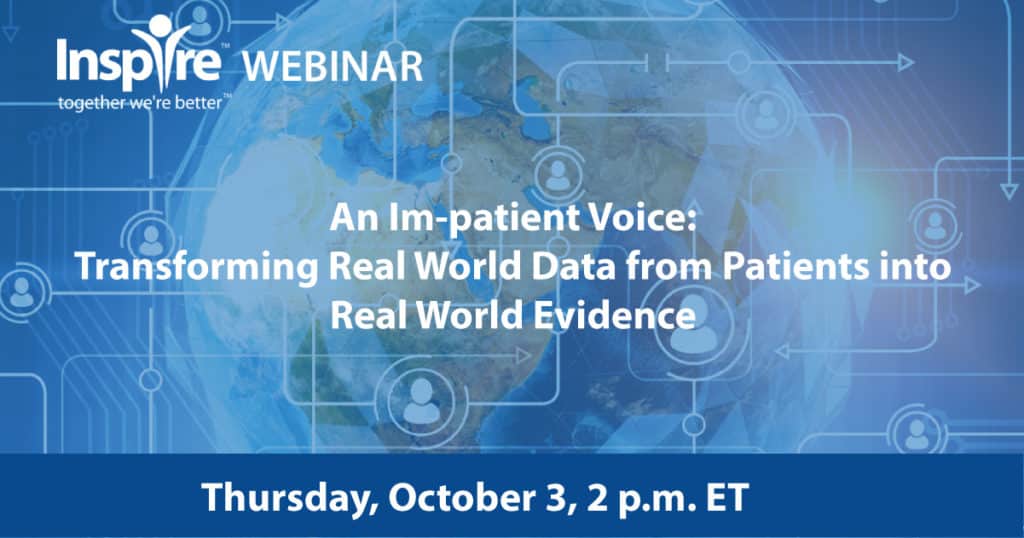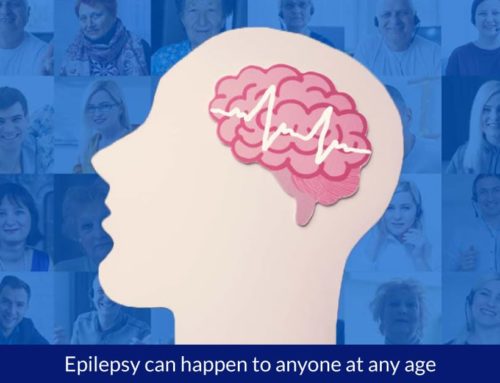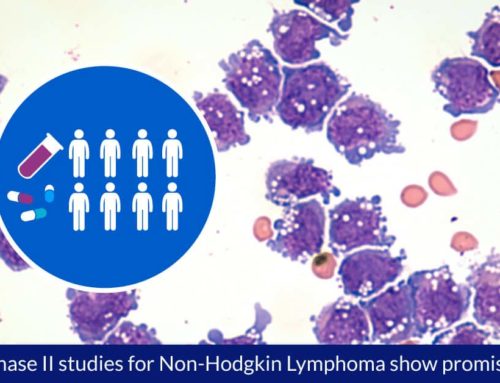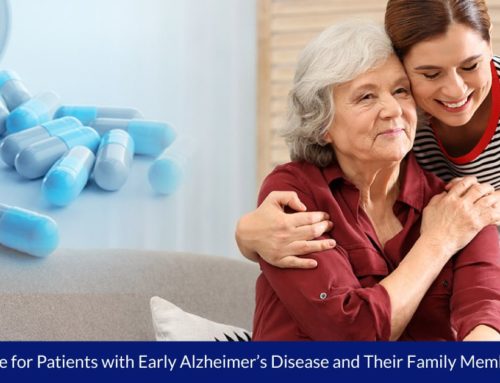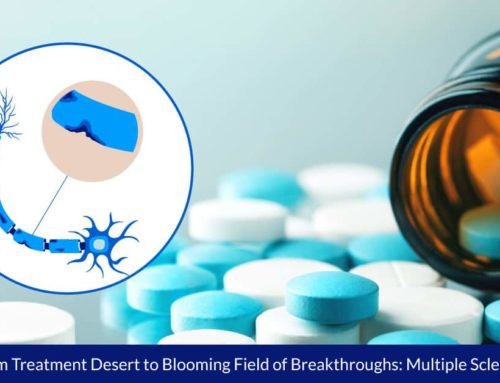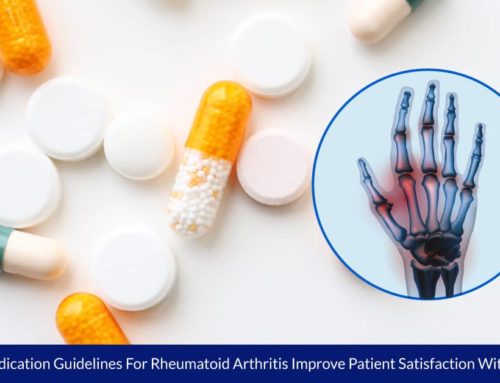Real World Data to Real World Evidence
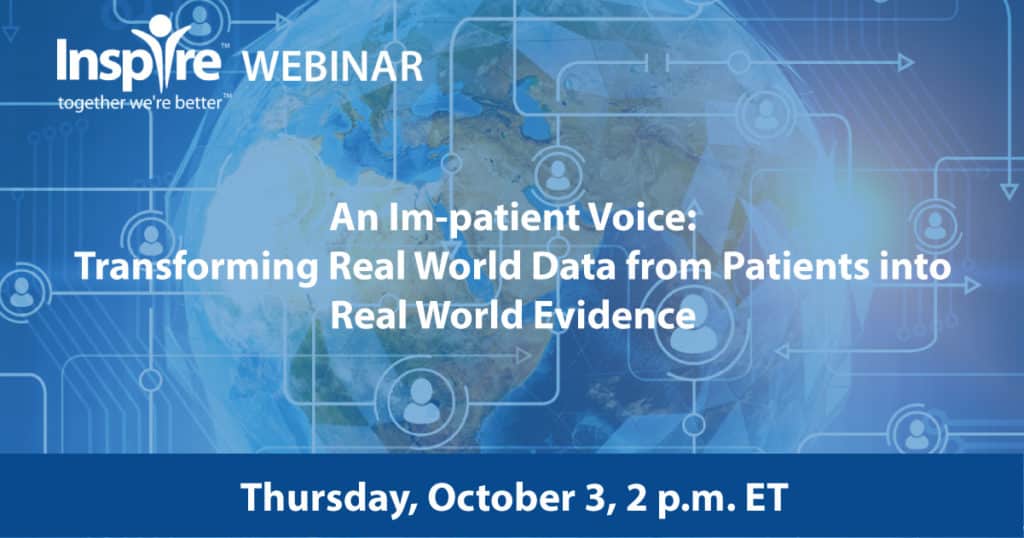
You’ve started a medication, and you feel “off” in some way. How “off” do you have to feel before you mention it to your doctor or until you or she sends an Adverse Drug Reaction (ADR) report to the FDA through the MedWatch program? On the other hand, how “off” do you have to feel before mentioning it to your peers in an online health community?
A study conducted by Inspire and Stanford University found that people mentioned an ADR for a specific drug much earlier in Inspire posts — about seven months earlier — than the same ADR was identified in medical literature. The study also uncovered a novel ADR, not previously reported. Patients had been talking about it online for eleven years.
What if the patient decides the ADR is “not serious enough” to elevate to an office visit or to submit a report about, but it’s a potentially serious adverse effect? This was, in fact, the case with the rare ADR found in the Inspire/Stanford study. The authors detected 23 novel cases of hypohidrosis in patients receiving erlotinib, a chemotherapeutic drug that inhibits epidermal growth factor receptor (EGFR). EGFR is expressed in sweat glands, “suggesting a mechanism by which EGFR inhibition can produce hypohidrosis.” Is it serious? Hypohidrosis is the inability to sweat despite appropriate stimuli. It can lead to heat stroke.
The Inspire/Stanford proof-of-concept study took real world data from social media postings and and transformed it into real world evidence, showing not only that social media postings mention known reported ADRs but also uncovering rare, milder, or underreported side effects.
Transforming Real World Data to Real World Evidence
Inspire’s members are authentic patients and caregivers dealing with serious chronic conditions. Their postings and answers to surveys provide real world data that, when transformed, can be the evidence that identifies patients’ preferences, creates more meaningful outcomes and improves patients’ lived experiences as well as providing uncovering ADRs.
On October 3 at 2 p.m ET/ 1 p.m CT/11 a.m. PT, Sara Ray, senior research director at Inspire will share a 45 minute webinar entitled, “An Im-patient Voice: Transforming Real World Data Direct from Patients into Real World Evidence.” Sign up now.
Inspire offers a trusted community to patients and caregivers. Our goal with this blog, this website and our content is to provide the life science industry access to the true, authentic patient voice. In so doing, we support faithful operationalization of patient-centricity. Take a look at our case studies, eBooks and news outlet coverage.
References
1https://www.cancer.org/cancer/kidney-cancer/about/key-statistics.html
2https://www.kidneycancer.org/

